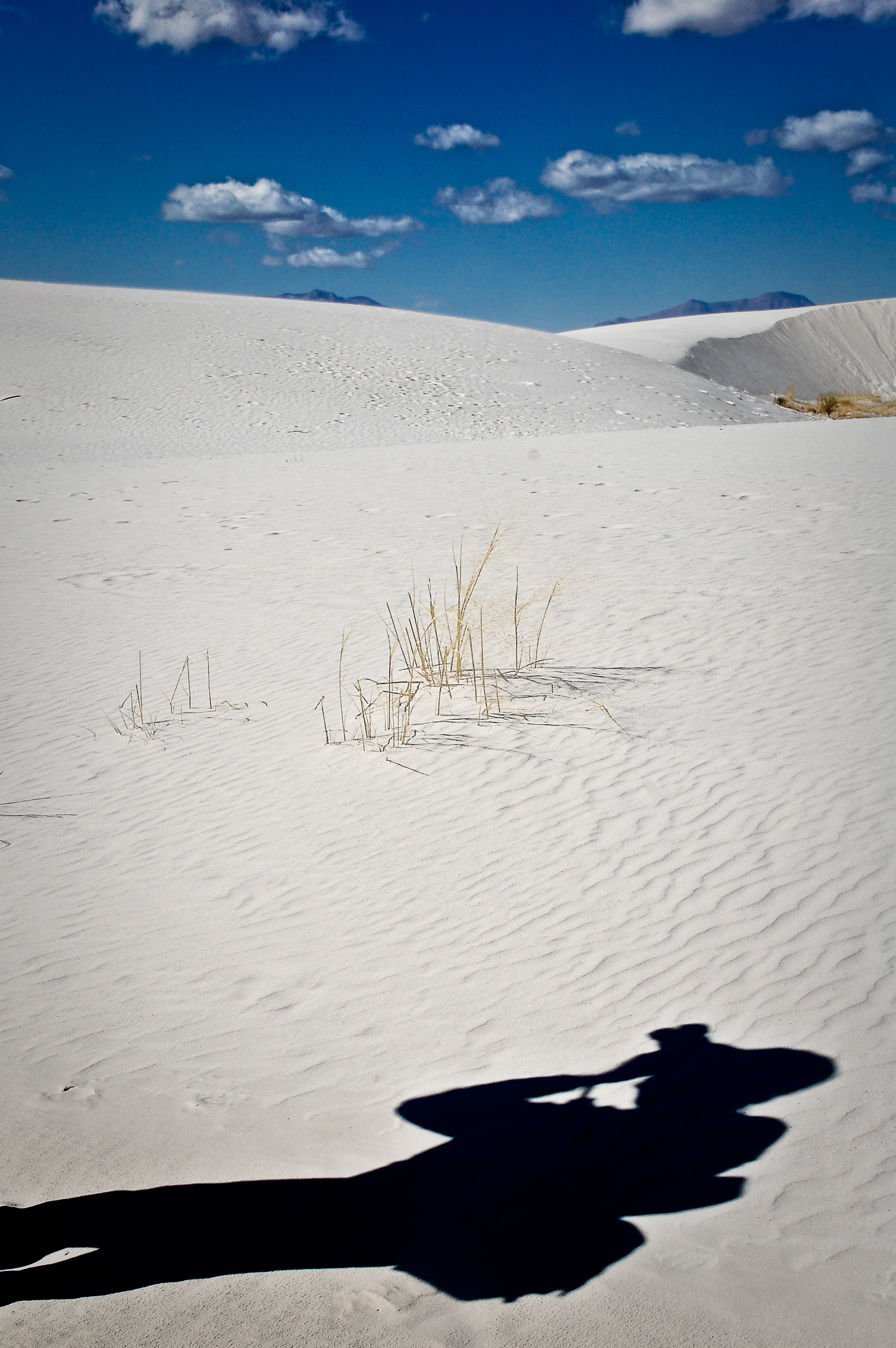Last week I posted a blog post where I introduced my first photographic gig and how I felt and what I learned about the process. In the post (which you can find here) I mentioned how nervous I was about the shoot and that my greatest fear was that my brother (who asked me to do the shoot) and others would now finally discover me for the hack that I am.
Coincidentally I had dinner that evening with my neighbor and told her about the post. My neighbor, a published and popular author, stared at me, a little shocked, and said, “that’s exactly what I feel every time I send a manuscript to my publisher!” We had a good laugh together, and we also commiserated. Such is the life of a creative.
Being our own worst critics we often live in fear. Fear that we aren’t good enough. Fear, because we aren’t good enough, that we’ll be found out, exposed, that (well, in her case) we’ll lose our livelihood. So each day, and especially when that project deadline looms, we must rise and face our fear. We must create in spite of it. That is incredibly difficult and is often the cause of many creative ventures coming to a grinding halt, or not ever being begun in the first place.
I wonder if there isn’t another way to look at this fear. Is it not possible that we feel this fear because we know we are not the ones that create? Is it possible we have indeed been imposters when passing off our creativity as strictly our own? And therefore, feeling like we’ve taken credit for something not fully of our own doing, we fear being discovered? An interesting psychological twist.
Author Elizabeth Gilbert has an interesting take on this phenomenon and finds relief and comfort in it. In Gilbert’s mind the inspiration for creativity comes from a spiritual place and while that can be the locus for the fear (after all, if creativity comes from the muse and I am just the vehicle, then perhaps I really am a hack!) it can also provide a sense of security. Sure, we go through the motions; we sit and write; we press the shutter release button, process, and print our images; we apply the paint to canvas in our own way; but the inspiration to create a work of art comes not from us but rather the muse, or what the ancient Greeks called the genius. The way she looks at it it doesn’t matter whether the art is successful or not because it that is not really our responsibility; that is the purview of the muse. We are simply responsible for showing up and going through the mechanics of mixing paint, putting black on white, and pressing the shutter release. We need to show up for the work and perhaps pray the muse shows up as well. And in being free of the responsibility to be “creative”, we are free to do the work without pretending, and without the fear of being discovered as an imposter.
Elizabeth Gilbert is a writer and author who had moderate success until she faced a life crisis, bore her soul on the page, and wrote a book (“Eat, Pray, Love”) that became wildly popular around the world. Her thoughts about nurturing creativity come out of the challenge she faced having to write a book that would follow such rampant success. Her thesis is available for viewing from the good folks at TED here.


Brian, this is a brilliant post!! I am halfway through “Eat Pray Love” and I’ve watched Elizabeth’s video many times. Thank you for sharing your artist energy here! It is such a fine thing to stop by here, usually at the end of the day, and top off with a beautiful image, a good thought. I appreciate it. Thank you 🙂
Thanks Carmela! I very much appreciate you stopping by, and also for leaving such supportive comments. I’m glad you enjoy these posts and that they bring something to your day.